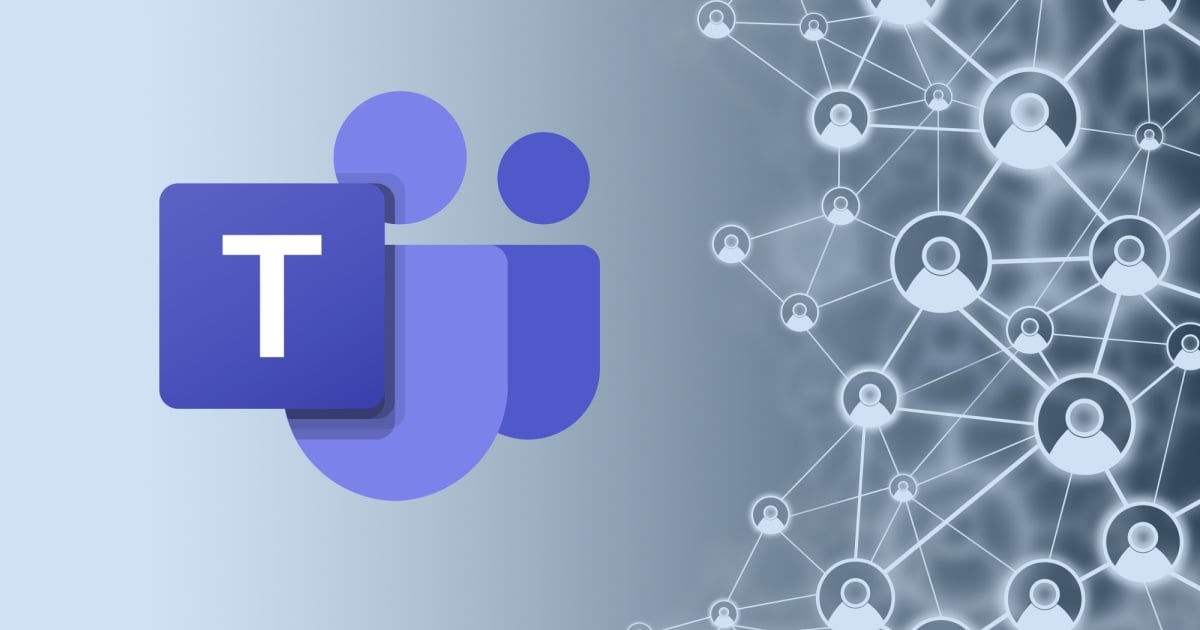
The managed services industry is bigger than ever as technological innovation continues to accelerate, given the mandate for the organizational transformation necessary to compete in a hyper-digital age.
The most successful MSPs have moved their customer's infrastructure, business applications, internal collaboration platforms, and external customer experience interactions to the cloud, where today, "XaaS" (everything as a service) is available.
Continuous Evolution is a Must to Deliver Next-Gen Experiences
MSPs have experienced several rounds of transformation. Initially, they had to change their offerings from primarily premises-based phone systems, LANs, and traditional circuits to a full-service model, selling subscriptions or seats with applications that work on any smartphone, computer, or network.
Now, it's all about simplifying and accelerating digital transformation while enabling flexibility and adaptability to be diverse and changing conditions for their customers. MSPs leading in this evolution are multiplying their revenues while saving their customers money and delivering better quality and reliability of service than ever before. Maybe most significantly, the critical success factor separating the most successful from the rest of the pack are those MSPs who can cost-effectively meet specific customer needs spanning capabilities, service levels, and range of applications served.
"Whether we call them resellers, value-added resellers, or managed service providers, their missions are the same: to assemble the best vendors and technologies available and bring them to end-customers who can benefit from Internet and cloud-based, mobile-first services," said Al Balasco, head of media, core and applications business at Radisys. "Well-established MSPs who have built a strong base of loyal customers and who have seen them through from the analog to digital era are extremely well positioned to grow when they embrace the new. It has not been easy to manage the IT infrastructure, processes, and applications, ranging from user devices and computers to firewalls, routers, switches, active directories, exchange servers, active directory servers, and data servers. The great news for MSPs is that, with the right solutions that can be discovered, procured, sold, and managed using cloud platforms will have an easier time serving their base and stand to improve their margins given XaaS economics."
Rapid Growth Brings Challenges
With more organizations turning to digital transformation, the necessity of MSPs has helped the market grow and mature. The global managed services market was valued at $239.7 billion in 2021 and is expected to grow at a CAGR of 13.4 percent from 2022 to 2030.
This unprecedented growth the managed service industry is experiencing is not without its drawbacks. Rising customer demands, mixed with the high-level technological knowledge necessary to handle the common digital problems in today's world, have created new challenges for MSPs delivering services.
Communications platform as a service, or CPaaS, continued to mature as demand for cloud communications soared in 2021 as more organizations sought to evolve from traditional UCaaS, including PBX systems, and adopted programmable and embedded software-defined services. CPaaS market revenue reached $5.9 billion in 2020, according to an IDC report, and is expected to reach a stunning $17.71 billion by 2024.
"Choosing the right MSPs with the right array of solutions is the key to success," Balasco said. "We're seeing great creativity from some MSPs who have developed customer solutions that support whichever as-a-service solutions that are the best fit for their clients. Their platforms unify and streamline business operations and IT systems. Because they have invested in their digital transformations, it is much easier for them to support their customers when choosing high-performance communications solutions and platforms that can be easily integrated into whichever orchestration platform they've built."
Cloud Communication Platforms Create New Opportunities
Digital platforms can standardize business processes, enabling organizations, regardless of size, to:
- Efficiently develop and launch products,
- Service customers, and
- Create intelligence to improve operations and inform business and product strategy.
These platforms, also known as cloud communication platforms, are multiplying thanks to the improvements technology can offer to various industries.
"For the MSP industry, using digital platforms is a match made in heaven, as the technology can help enhance the use of Unified Communication as a Service (UCaaS) solutions, as well as Contact Center as a Service (CCaaS) solutions, both of which are already commonly used by MSPs today. And this can be done without ripping and replacing existing investments and experiences," Balasco explained.
"When paired together, digital platforms and UCaaS/CCaaS solutions can create new opportunities and potential revenue streams by enhancing the digital capabilities MSPs can offer," Balasco added. "For example, using programmable UCaaS and CCaaS means lower cost, faster time to market, and an easier way to customize solutions. Strategically, this new world of programmable real-time communications enables MSPs to extend their services beyond a desk phone system to mobile UC and Web apps and easily embed their communication services, via APIs and SDKs, into their customer's digital apps."
Additionally, programmable UCaaS and CCaaS with voice and video analytics can help increase consumption of voice and video services through digital engagements applications, consulting and application development, and ongoing customization. It also allows for greater use of phone lines and numbers, new recurring revenues from application use with flexibility to the price per use/minute, capacity, phone line, and creative bundling to increase monthly revenue per customer.
"The latest generation programmable communication platforms also support AI-enabled voice only and voice + video bots with Natural Language Processing (NLP) to provide more immersive experiences for users in customer care, marketing campaigns, or e-commerce applications," Balasco said.
Difference-Making Engage Digital Platform Will Propel Customers Forward
MSPs will have to continue to step up their game as the world advances further into a new, unexplored technology-driven era. The devices and applications will only become more complex, and the number of enterprises relying on MSPs for ICT services will also increase. For MSPs who wish to meet customer demands and remain competitive in the coming future, adopting a digital platform to pair with their UCaaS or CCaaS solution can be the difference between offering adequate and extraordinary services.
Earlier this year, Radisys introduced their Engage Digital Platform (EDP) for service providers, stating this platform was key to monetizing massive investments in LTE, 5G, and Fixed Wireless Access infrastructure. The EDP platform is an enhanced cloud communication platform for differentiated AI-based digital engagements and immersive communication services based on Radisys' media processing technology. It claims to bring a paradigm shift in programmable communications, enabling service providers to create new AI-based digital engagement services above and beyond the traditional voice and messaging services. It also opens doors to new revenue-generating markets such as Industry 4.0 applications that require low latency, data privacy, and the flexibility of edge & cloud deployments.
Radisys is sponsoring a hackathon for developers and MSPs around the world to unleash their creativity and build innovative applications– instantly – while also earning large prize money for the best apps.
Edited by
Erik Linask






